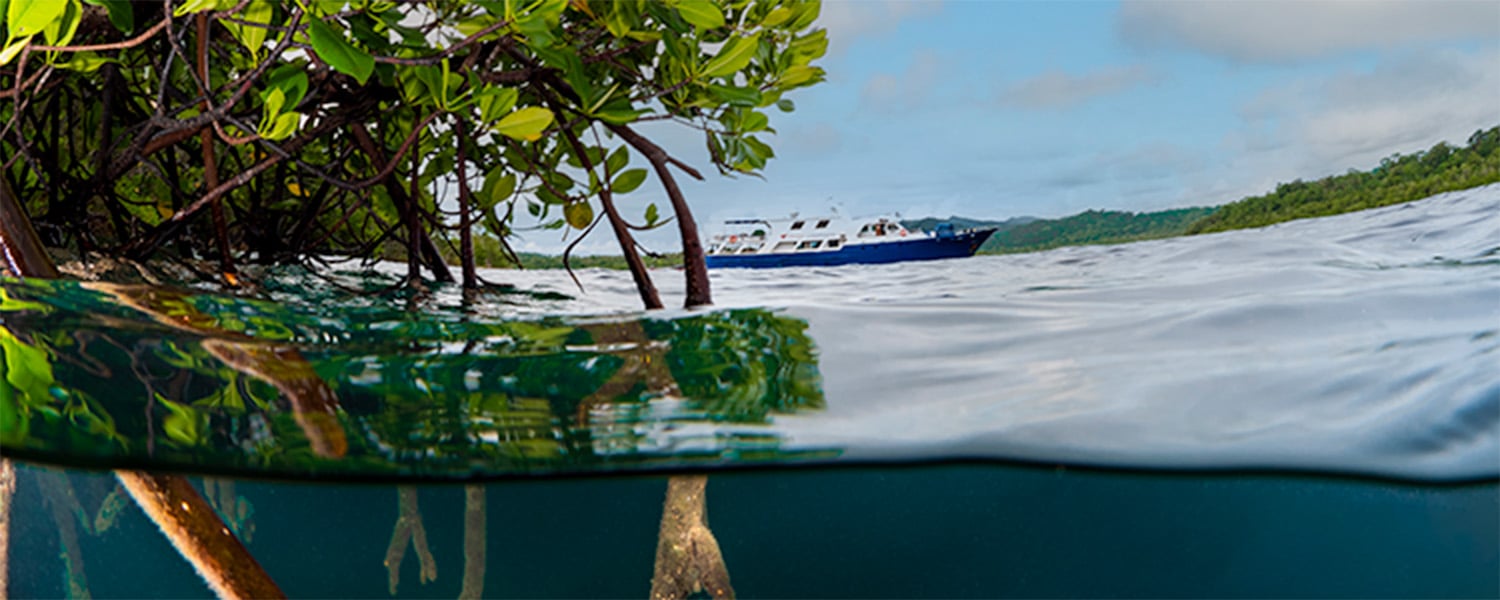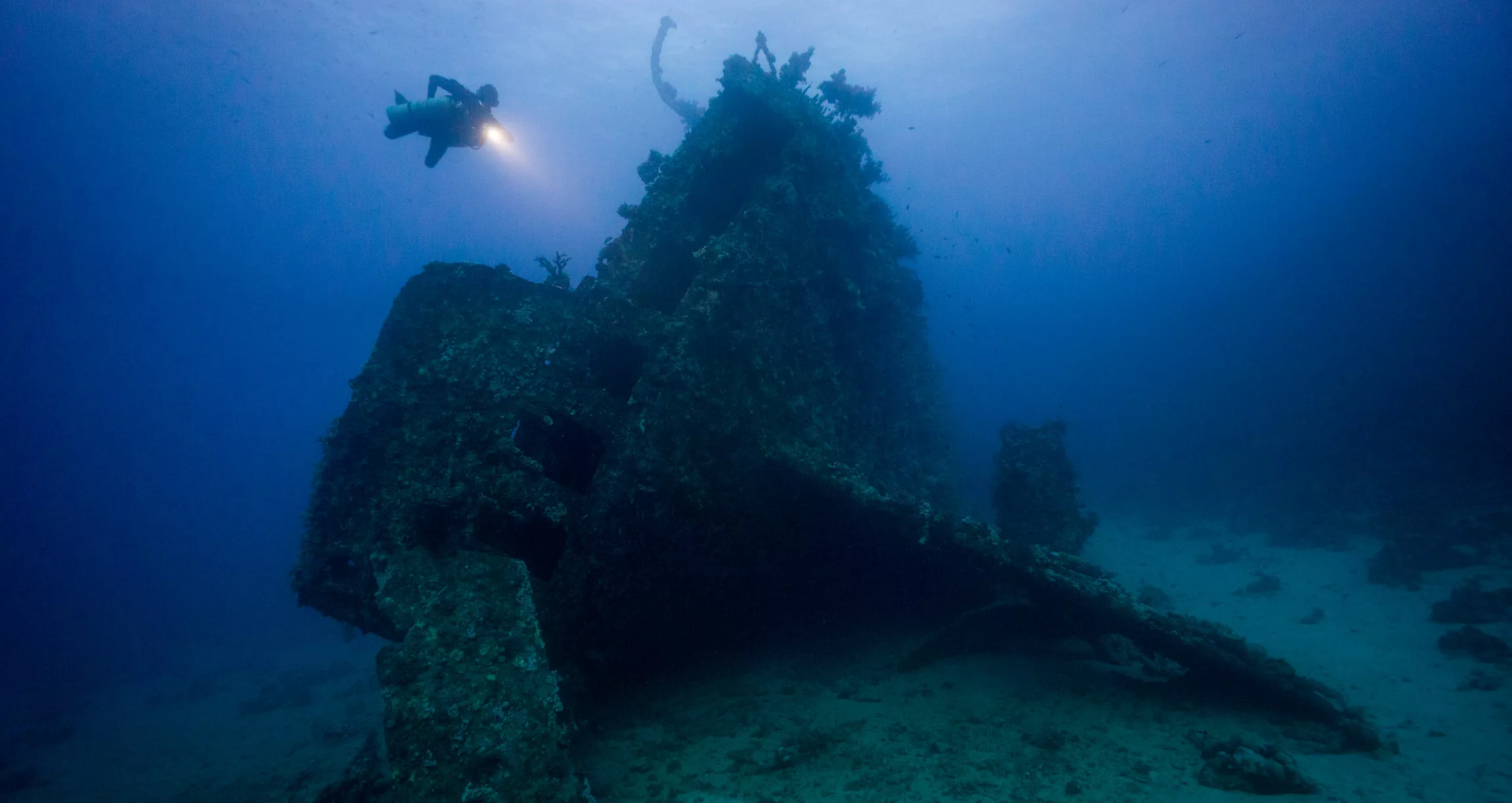Together with our aim to be a single use plastic free company by the end of 2019, we want to take it one step further and inform our guests on how to adopt a plastic free lifestyle to reduce our impact on our blue planet. This month’s article is dedicated to our shopping habits. We will give you some tips to shop plastic free.
As we have seen in this article most of the single use plastic that we find in the kitchen comes from our shopping.
Here are some more tips on how to avoid plastic while we are shopping. Many of them might be quite obvious but it is always good to remind people.
Bring your own shopping bag
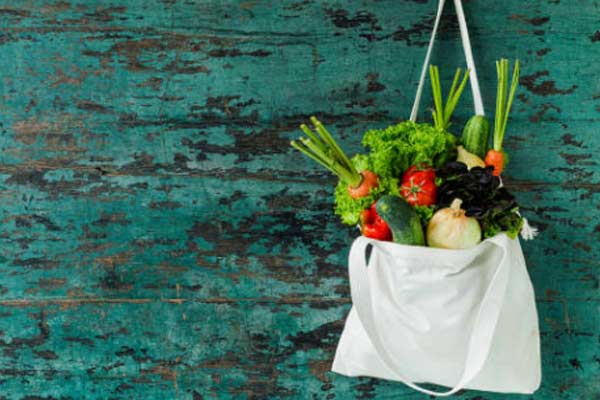
Bringing your own shopping bag is so easy and ensure that you will be able to shop plastic free. Master Liveaboards has some tote bags on the shop and these will work a treat!
For fruits and vegetables, use produce bags. *
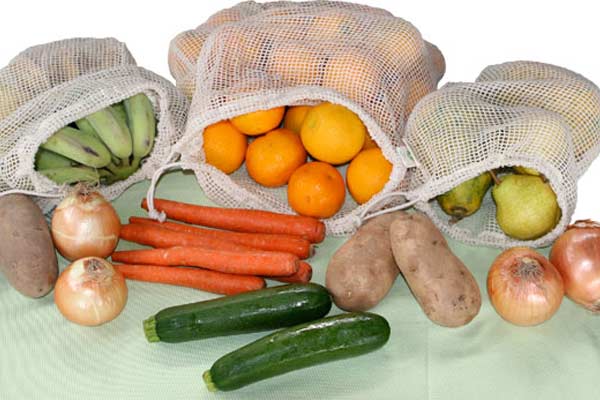
For fish and meat, bring your own containers

These containers could be Tupperwares, silicone bags or empty jars. Look for anything that will not leak
Look up the closest bulk shop in your area or buy at markets
Bulk stores sell all kind of products. From fresh products and legumes, to olive oil and detergents. You will pretty much find anything you want. Selecting the quantity you need will save you money and avoid waste.
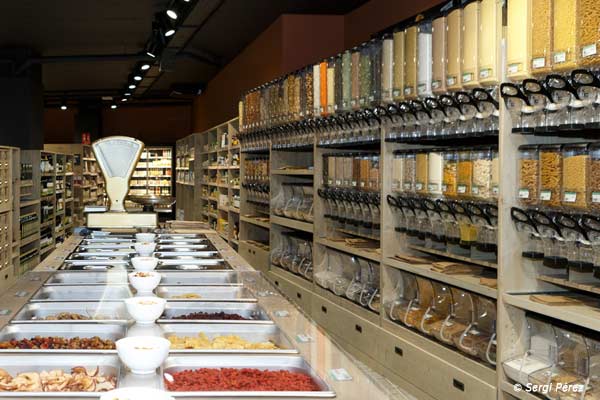
DIY products
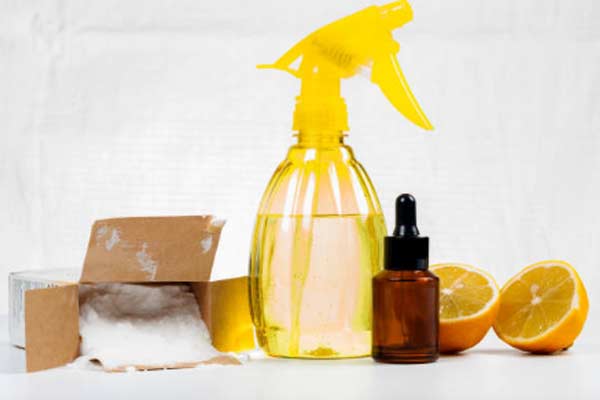
As we showed you over the last few months, you can make your own toiletry products and cleaning products.
Buy products that are not packaged in plastic
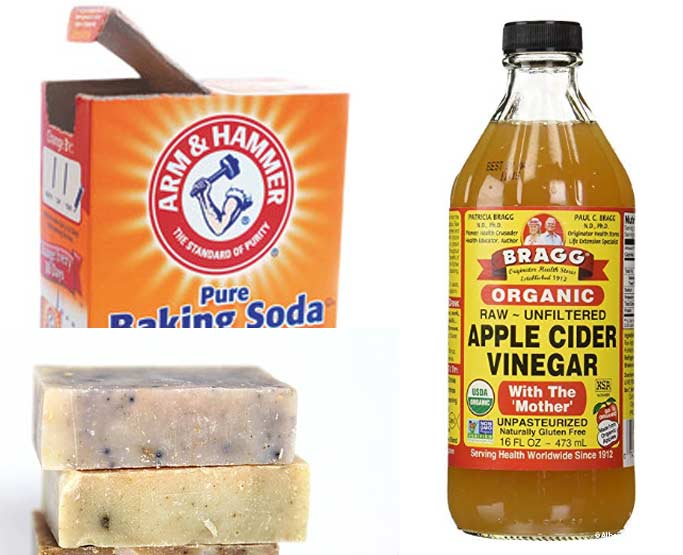
Choose products packaged in more sustainable packaging such as cartridge or crystal.
Avoid the worst common plastics

The most common and harmful types of plastic are:
- Polyvinyl Chloride (PVC #3): An extremely toxic plastic often containing multiple unsafe additives, including lead and phthalates.
- Polystyrene (PS #6): Contains styrene, which is toxic to the brain, nervous system, and various organs. Used in Styrofoam containers, egg cartons, disposable cups and bowls, take-out food containers, plastic cutlery.
- Polycarbonate (Other #7): Contains bisphenol A (BPA), which has been linked to numerous health problems.
*If they tell you that they can’t do it because it is not hygienic, don’t be shy to tell them there is no law against it.
Apart from reducing the amount of plastic you use, it will also benefit your health as you will eat better quality food and you will also save money by buying only the amount of food you need at the bulk store.
It is said that it takes 21 days to create a habit. This may also vary from person to person. At any rate, to make a change you have to start with day 1.
Remember to be kind to yourself; every change you embrace is already making a difference.


